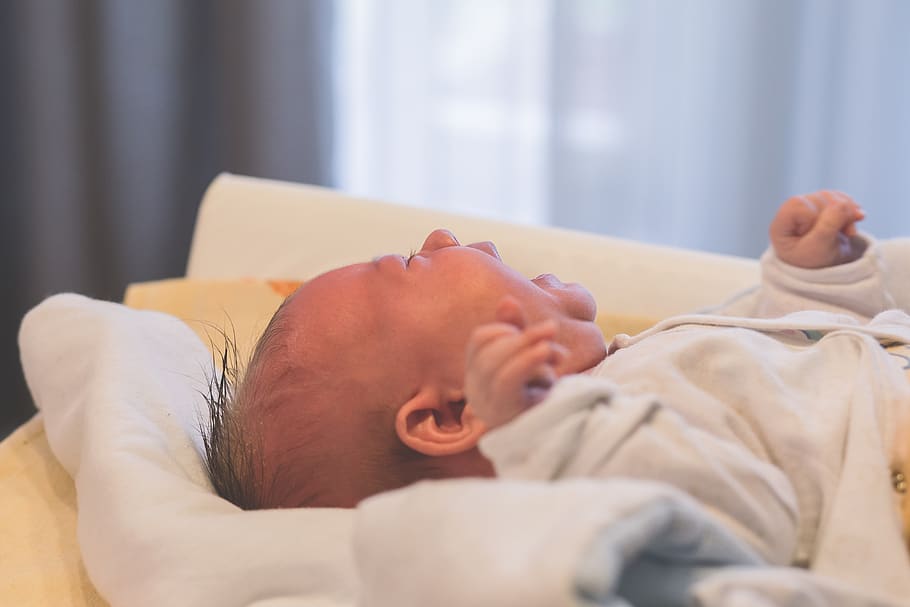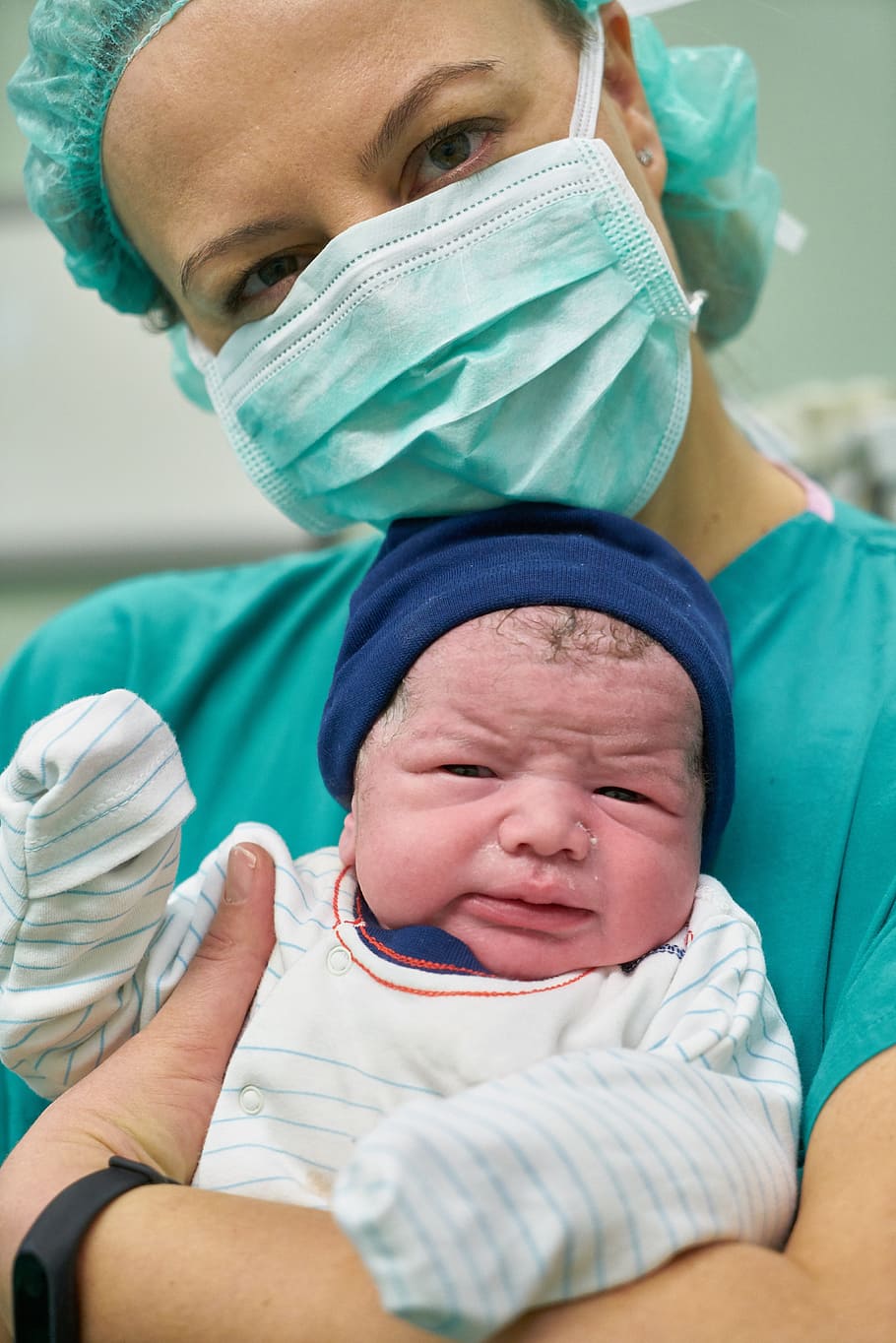
Roseola in Children: Understanding Symptoms, Contagion, and Treatment
Roseola in Children: Understanding Symptoms, Contagion, and Treatment
Roseola, a viral infection commonly affecting young children, can be a source of concern for parents. In this comprehensive guide, we will delve into the various aspects of roseola, including its symptoms, contagion, and treatment options. By understanding this condition more deeply, parents can navigate the experience with confidence and provide the best care for their little ones.
Understanding Roseola
Roseola, also known as sixth disease or sudden exanthem, is a benign eruptive disease primarily affecting children under the age of 2. It is caused by either type 6 or type 7 herpes viruses and is contagious between humans. The disease typically begins with a high fever that may be accompanied by digestive issues or swollen lymph nodes. After a few days, the fever subsides, and a characteristic rash appears on the trunk, neck, and roots of limbs.
Recognizing Symptoms
Parents often become concerned when their child experiences a sudden and high fever. It’s important to closely monitor the fever and provide appropriate fever-reducing medications as advised by a healthcare professional. Once the fever resolves, the pink rash emerges, which may last for a few hours to a couple of days. It’s worth noting that the rash may not always be present or may appear after the fever has subsided.
Contagion and Prevention

Roseola is contagious, and the virus can spread from person to person. It’s essential to practice good hygiene measures, including regular handwashing, to reduce the risk of transmission. During the contagious phase, it’s advisable to keep your child away from school or daycare until the fever has subsided. However, since roseola can be contagious even before symptoms appear, complete prevention may not always be possible.
Seeking Medical Advice
While roseola is generally a mild and self-limiting condition, there are potential complications to be aware of. Febrile seizures, although rare, can occur in some children with roseola due to the high fever. If your child experiences a febrile seizure, seek immediate medical attention for proper evaluation and guidance. It’s always wise to consult a healthcare professional if you suspect your child has roseola or have any concerns about their health.
Treatment and Recovery
There is no specific treatment for roseola. The focus is on managing symptoms and ensuring the comfort of the child. Fever control measures, such as appropriate medications and maintaining hydration, play a significant role in the recovery process. The rash itself does not require specific treatment and tends to fade on its own. With time, rest, and proper care, your child will soon regain their energy and return to their usual activities.
Preventing Discomfort
During the fever and rash phase, your child may experience discomfort and irritability. To ease their symptoms, ensure they get plenty of rest and dress them in light, breathable clothing. Offer cool fluids and provide a soothing environment to help alleviate any distress. Gentle skin care, such as using mild, fragrance-free moisturizers, can also help soothe any itchiness caused by the rash.
Conclusion
By understanding the symptoms, contagion, and treatment options for roseola, parents can navigate this viral infection with confidence and provide the best care for their children. Remember to practice good hygiene, monitor fever closely, and seek medical advice when necessary. With your love, care, and support, your little one will soon overcome roseola and return to their vibrant, playful self. Stay informed, stay vigilant, and provide the nurturing environment your child needs during this time.
Don’t forget to share your experiences or ask any questions in the comments section below. We’d love to hear from you and offer support or additional information as needed. Together, we can navigate the journey of roseola and ensure the well-being of our precious little ones.
You May Also Like

Overweight and Obesity in Kids (Part 1)
2022-03-25
Things You Should Talk About With Your Parents
2021-12-30

